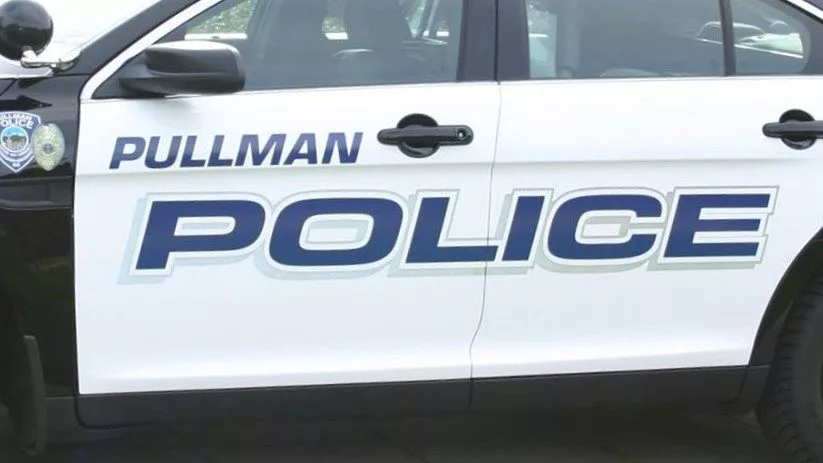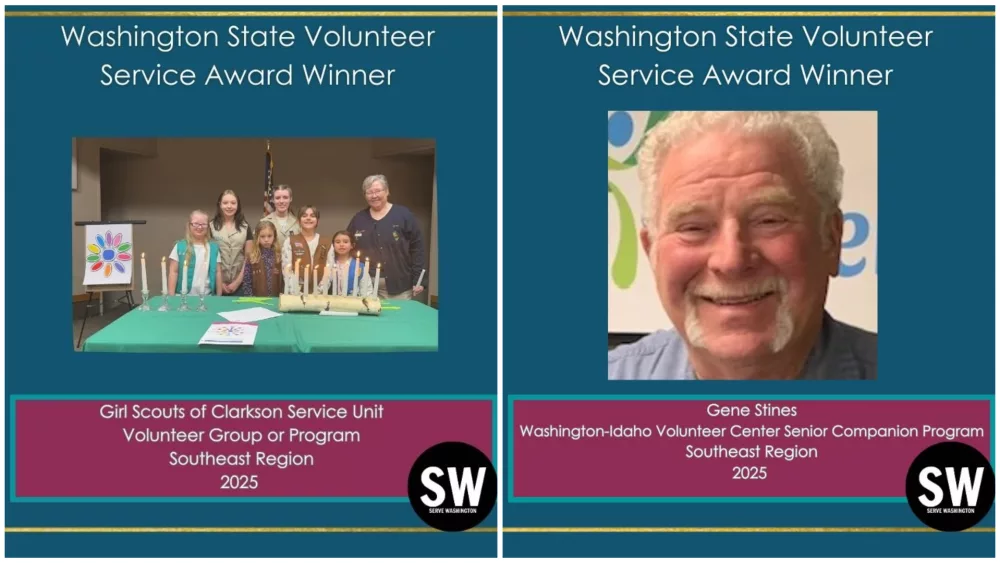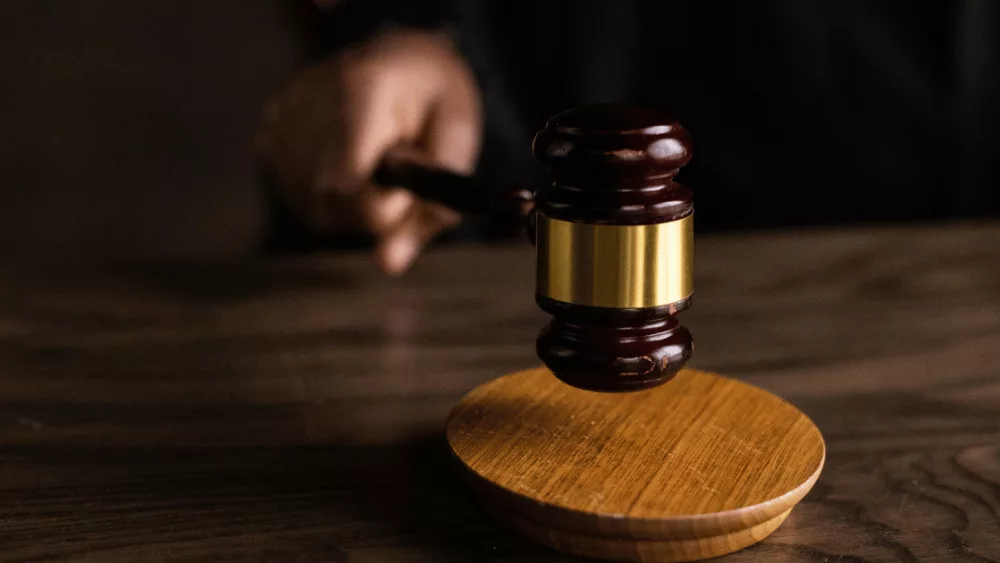KAMIAH— On May 20th and 21st, seventh graders from Grangeville Elementary and Middle School and fifth graders from Cottonwood Elementary School took a field trip to the South Fork Campground. This trip was the second part of the Salmon In The Classrooms program funded by a Rural Secure Schools grant. When students arrived, they were greeted by a series of educational games, interactive learning stations, and hundreds of juvenile coho salmon, raised in tanks in their classrooms from egg to fry from December to May.
Volunteers from the Nez Perce Tribe Department of Fisheries Resources, as well as staff from the Nez Perce-Clearwater National Forests, put together fun and educational activities. During the school day students spent at the campground, they played games that simulated the obstacles fish endure on their migration to the ocean and back, learned about stream complexity and why it benefits fish, the deep cultural connections of the land and animals for the Nez Perce Tribe, and got hands-on with fish. All of the fish the students raised in the classroom were tagged and released which will allow the students in this class, and future classes to track them on their long journey.
In an earlier phase of this program, these young people raised juvenile salmon in their classrooms and had in-class visits from Tribal Fisheries employees who explained the biology of fish, the critical importance of salmon to the Nez Perce Tribe, and the challenges and rewards of restoring migratory salmon runs. On this field trip, students got the opportunity to play their part in stewardship for the next generation of salmon by tagging the fish so they can be tracked during their migration and by releasing them into the wild.
Jenifer Harris, Project Manager for the Nez Perce Tribal Fisheries explained the importance for students to learn about anadromous fish. “Salmon and steelhead are a vital part of our community. They are a keystone species, provide recreation opportunities, and are a First Foods for the Nez Perce Tribe” stated Harris. “Providing the opportunity for students to take ownership over raising these fish while learning about their environment will hopefully shape how they interact with their environment in the future.”
Erin Grinde, Fisheries Biologist with the Nez Perce-Clearwater National Forests, explained the importance of hands-on education: “I decided to become a fisheries biologist after a similar educational opportunity when I was in fifth grade. Sharing my passion for public lands, conservation, and stewardship with the up-and-coming generations will hopefully excite them to carry the torch in their future recreation and careers!”
This program is one of many ongoing cooperative projects between the Nez Perce Tribe and the Forests and demonstrates the benefits of co-stewardship for improving cherished ecosystems. Two
years from now, when these salmon return back to the South Fork, the young people who released them into the wild might get to see them return, all grown up and ready to produce the next generation of fish whose lives will begin anew in the Clearwater River and its tributaries.




